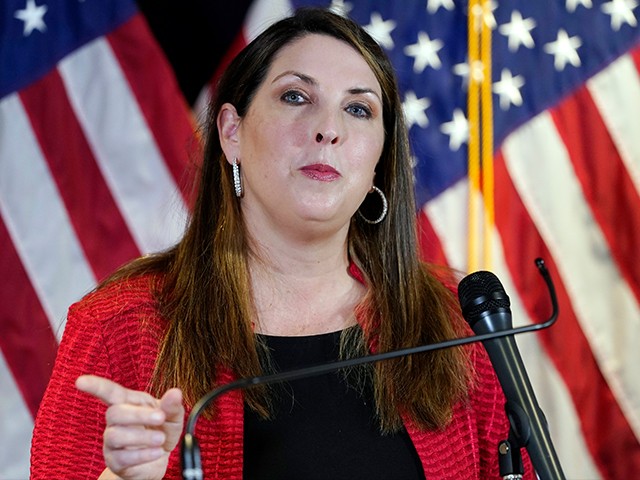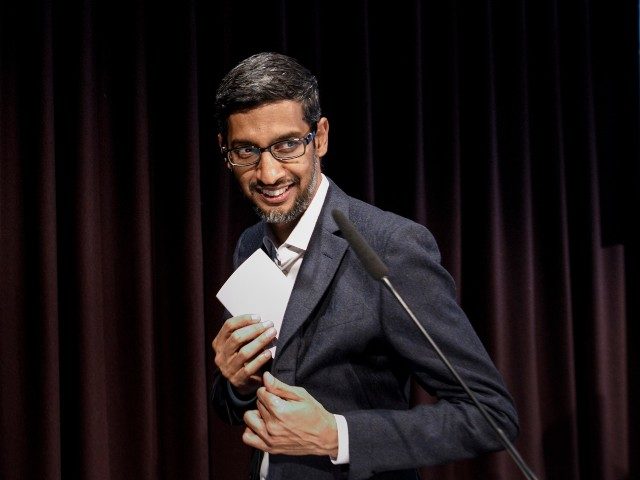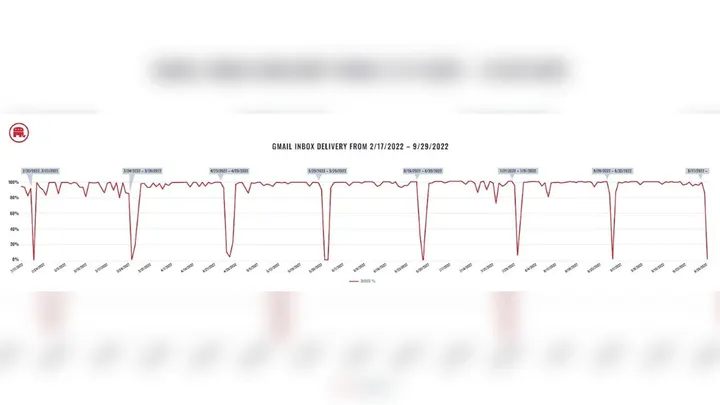The Republican National Committee (RNC) is accusing Google of suppressing more than 22 million campaign emails since September, by sending them to users’ spam folders, and is now considering legal action against the tech giant.
Google, which insists party affiliation plays no role in determining which emails get sent to the spam folder, launched an FEC-approved program to ensure campaign emails reached users’ main inboxes under pressure from Republicans.
But the RNC, which shared data from its email campaigns with Fox News Digital, says this has not resolved the situation, with masses of emails getting spammed by Google at the end of every month.
Image: Fox News / RNC
“Every single month, like clockwork, Google suppresses important GOTV and fundraising emails at the end of the month, with zero explanation nor commitment from Google to resolve this issue,” said RNC chairwoman Ronna McDaniel in a comment to Fox News.

Republican National Committee chairwoman Ronna McDaniel speaks during a news conference at the Republican National Committee in Washington, DC, on November 9, 2020. (AP Photo/Alex Brandon)
“We are less than 40 days out from Election Day, and important GOTV emails to our opted-in voters in states that have already started early voting are being systematically sent to spam.”
Google has been under scrutiny for sending political emails to spam since a study from the University of North Carolina revealed the tech giant marked 59.3 percent more emails from conservative candidates as spam during the 2020 election compared to liberal candidates.
In a statement to Fox News, Google spokesman José Castañeda insisted there was no bias in how emails are sent to spam folders, but did not explain the strange pattern of RNC emails getting suppressed at the end of every month.
“We enable political committees and other organizations to reach their constituents, donors, and key audiences via email. When Gmail users say that they don’t want to receive an email, we place the email in the spam folder, politics or political affiliation plays no role in this determination,” said the spokesman.


COMMENTS
Please let us know if you're having issues with commenting.